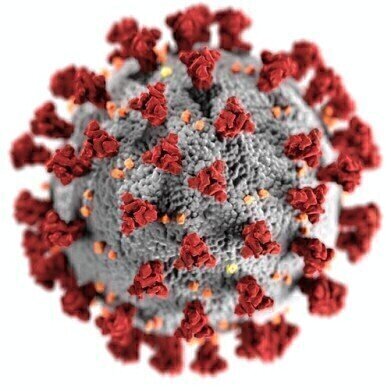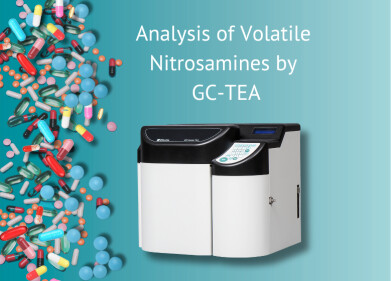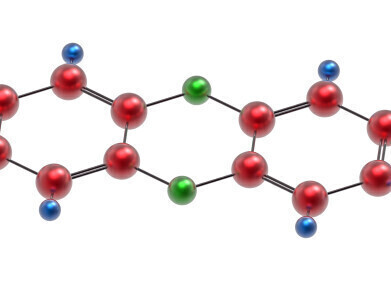GC-MS
Can Rhododendron Petals Work Against Coronavirus? - Chromatography Explores
Sep 11 2020
The Covid-19 disease caused by SARS-Cov-2 is recognised as a pandemic by the World Health Organization. It currently has no cure or vaccine. Instead, doctors work to try and reduce the symptoms to let patient’s immune systems fight back against the disease. One of the symptoms of Covid-19 is the way it compromises oxygen levels in the body. In severe cases, ventilation and admittance to intensive care is needed to help people to breathe whilst their body fights the disease and infection.
The reduction in oxygen levels and shortness of breath is like that seen when a patient suffers from high altitude pulmonary oedema. One of the drugs mentioned as a possible treatment for Covid-19 was dexamethasone, a high-altitude prophylaxis drug used to prevent high altitude mountain sickness. Could rhododendron petals offer a suitable natural alternative? Seems unlikely, but chromatography has helped researchers demonstrate that they could possibly offer some help.
Himalayan flowers fight mountain sickness
High in the Himalayas, separating the Tibetan Plateau from the Indian subcontinent, the flowers of the rhododendron are made into drinks, jams and jellies and are consumed as it is believed they help to prevent high-altitude sickness. It is believed that the red petals and extracts from Rhododendron arboreum show anti-diabetic, anti- inflammatory and antioxidant properties; beliefs that research has shown to be true.
SARS-Cov-2 virus enters cells and replicates by using different proteins. One mechanism uses the spike protein of SARS-Cov-2 to bind to a receptor on cells known as ACE2 that allows the virus to enter the cell. Once inside the cell, proteins allow the virus to replicate using enzymes known as proteases. This gives drug developers two potential sites of attack – disrupt the binding between spike proteins and cells or inhibit the protease activity inside the cell.
Chromatography measures the inhibitors and disruptors
Researchers in India have recently studied the metabolites present in rhododendron petals to assess their absorption, distribution, metabolism, and elimination properties with respect to the SARS-Cov-2 protease and ACEs host cell receptor proteins. They analysed and profiled the phytochemicals in the petals using gas chromatography and mass spectrometry. The use of chromatography to analyse natural samples is discussed in the article, Nontargeted Omics Approach to Characterise and Profile Adulterants in Honey.
The team found that the petals of R. arboreum were rich in metabolites like Quinic acid, 3-Caffeoyl-quinic acid, 5-O-Coumaroyl-D-quinic acid and Coumaric acid. Several of these metabolites have been reported as having inhibitory activity against viruses. The team also found that the phytochemicals docked to both the SARS-CoV-2 protease and ACE2 receptors. The team conclude that ‘The outcomes merit further in vitro, in vivo and clinical studies on R. arboreum phytochemicals to develop natural formulations against COVID-19 disease for therapeutic benefits.’
Events
Mar 18 2025 Beijing, China
Mar 25 2025 Paris, France
Mar 31 2025 Beijing, China
Apr 02 2025 Saigon, Vietnam
Apr 22 2025 Kintex, South Korea















